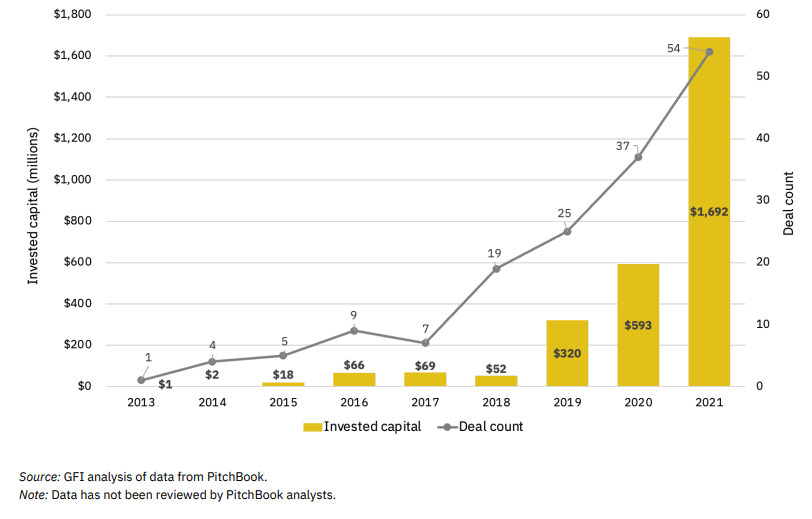One of the joys of childhood is biting into giant chocolate Easter eggs. Unfortunately for us chocolate lovers, the cocoa industry is rife with problems, including the fact cocoa production is one of the significant drivers of deforestation and has long been plagued by human rights abuse.
Fortunately for those who want to have their eggs and eat them too (without feeling guilty), WNWN is rolling out what it claims is the world’s first cocoa-free Easter egg just in time for the holiday.
WNWN (pronounced “win-win”) uses what it says is a proprietary fermentation process to create cocoa-free chocolate from plant-based ingredients such as cereals and legumes. This company’s method results in what it says is a vegan, caffeine-free,’ gluten-free, and palm oil-free product that boasts 80% lower carbon emissions than conventional chocolate.
The Wegg is 15cm high and 10cm wide, weighs approximately 100 grams, and the company describes its flavor as having a nutty, malty notes with a dulce de leche finish. Inside the Wegg is cocoa-free choc filling.
Sounds like a WN, but will kids like it? Early tests on WNWN’s chocolate have been mixed, with one reviewer saying “their products are DELICIOUS,” while another from chocolate review site Chocalatier lamenting “it doesn’t taste like traditional chocolate to me, nor is it something I’d crave” and “texturally, it’s not quite there yet either.”
In the end, it may not matter because unfortunately for those looking to load up their kid’s basket with this environmentally friendly egg, the WEGG currently is not for sale. Instead, the company says it will be awarded to an Instagram follower at random via a contest running this week.















